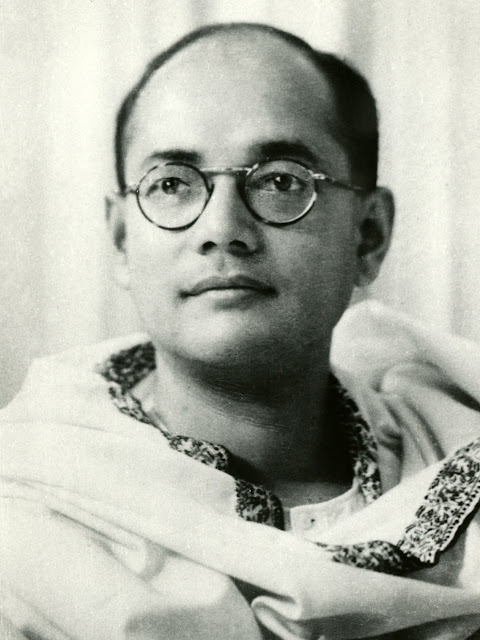'Wanting positive experience is a negative experience;
Accepting a negative experience is a positive experience'.
It's what the philosopher Allan Watts used to refer to as 'the backward law' -
- the idea that the more you pursue feeling better all the time, the less satisfied you become -
as pursuing something only reinforces the fact that you lack it in the first place.
The more you desperately want to be rich, the poorer and unworthy you feel, regardless of how much money you actually make.
The more you desperately want to be sexy and desired, the uglier you come to see yourself, regardless of your actual physical appearance.
The more you desperately want to be happy and loved, the lonelier and more afraid you become, regardless of those who surround you.
The more you want to be spiritually enlightened, the more self-centered and shallow you become in trying to get there.
~ ~ ~ ~ ~ ~ ~ ~ ~ ~ ~ ~
Simply put, the harder we work at something, the less effective we might be.
A great example of this could be insomnia - sleeplessness.
The more you think about sleeping - the harder you try to sleep, the harder it becomes to fall asleep.
Another example can be of swimming.
When you are trying hard to swim - to float - you start to sink.
If you relax and let go, let your body sink - your body fights against you to push you back toward the surface.
Similarly, when we try to push our conscious mind toward spirituality, but the subconscious mind wants something else - when the conscious mind and the subconscious mind are in conflict, the subconscious mind always wins - and we fail to achieve what the conscious mind wants to accomplish.
Therefore, do not force your mind for meditation and Sumiran.
Instead, relax and let go of everything - all thoughts and efforts.
Spirituality is a subject of the Subconscious - not of a conscious mind.
(Partially taken from the Web)








